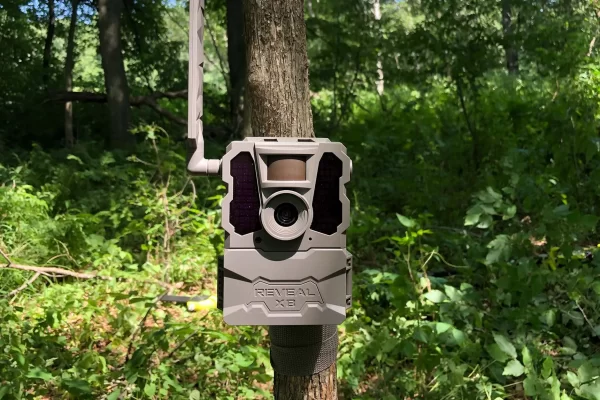A cybersecurity audit is a thorough review of all your security vulnerabilities and strategies, with the explicit purpose of discovering holes so you can close them before they lead to issues. On paper, this seems like a decent enough idea.
But is it really worth the time, money, and effort it takes to practice it?
And if so, how often should you be auditing your cybersecurity efforts?
What Is a Cybersecurity Audit?
A cybersecurity audit is, essentially, a review and report on the current state of your organization from a data security/cybersecurity standpoint. Sometimes, companies attempt cybersecurity audits internally, tapping into an existing IT team to do the work. But it’s often more valuable to utilize managed IT services to conduct a security audit on your behalf; the outside perspective, with access to more knowledgeable, experienced experts, can be incredibly valuable.
At the end of the audit, you’ll have a detailed list of flaws and recommendations that you can use to beef up your cybersecurity practices. The end result is that your organization is going to be much better protected against a wider range of threats.
The Process for a Cybersecurity Audit
Each organization and team may approach the cybersecurity audit slightly differently. But in most cases, you’ll focus on the following topics:
- Data security. You need to understand how your data is being stored, how it’s being protected, and how it might be vulnerable.
- Software and hardware. You need to better understand the hardware and software powering your organization, including how it’s being used and how it might be exploited.
- Regulatory and legal compliance. You need to fully understand your legal and regulatory responsibilities, so you can comply with them.
- Employee knowledge. You need to examine the human element and understand if there are any threats stemming from lack of employee knowledge or employee apathy.
- Vulnerability and risk analysis. You also need to understand the biggest risks, vulnerabilities, and threats to your organization.
You’ll explore these topics with strategies like the following:
- Procedural reviews. Your auditors should conduct a formal procedural review, looking at all the documented strategies you currently have in place.
- Scanning. These experts can also scan and personally review the systems you’re currently using.
- Real-time testing. Certain tests, such as penetration testing, are capable of replicating the effects of real threats, so you can see how your organization might respond to them. Think of it as a kind of simulation, where you can put your security measures to the test.
- Conversations. Some auditors also conduct interviews with people in the organization, from leaders and decision makers to employees at the lowest level. After all, it only takes one mistake from one person to compromise the security of your organization.
Do You Really Need a Cybersecurity Audit?
Do you really need a cybersecurity audit?
To better answer that question, consider the following:
- The costs of an attack or failure. More than half of organizations in the U.S. are actively planning to increase security investments, in part because an average data breach can now cost millions of dollars. If your organization suffers a sufficiently devastating attack, it could be a genuine existential threat. Recovering from the attack may be difficult or impossible, and if the threat jeopardizes customer information, you may lose public trust forever.
- The costs of regulatory non-compliance. On top of that, your business can incur fines and legal penalties if it’s found to be non-compliant.
- Blind spots and biases in your organization. You may believe your organization is secure, but how confident are you in that assessment? Too often, leaders and decision makers suffer from blind spots, biases, and other forms of distorted thinking, which cause them to underestimate threats.
- The complexity of your systems. You should also think about the complexity of your organization. Very small operations may not need regular cybersecurity audits, but once your systems become more complicated, they become a practical necessity.
How Often Should You Conduct a Cybersecurity Audit?
It’s tempting to think of a cybersecurity audit as a one-time ordeal. After all, once you uncover all the weaknesses and flaws in your cybersecurity strategy, you’ll have a clear path for correcting them. But in most cases, a single audit is nowhere near enough. Cybersecurity knowledge is constantly evolving, threats are constantly changing, and if you want to stay ahead of the game, you’ll need to conduct an audit at least once a year – like visiting the doctor for a checkup.
In short, most businesses require regular cyber security audits to identify and minimize threats, ensure regulatory compliance, and ultimately save money. For best results, consider hiring an outside IT firm so you can get access to more seasoned experts and a less biased perspective.





